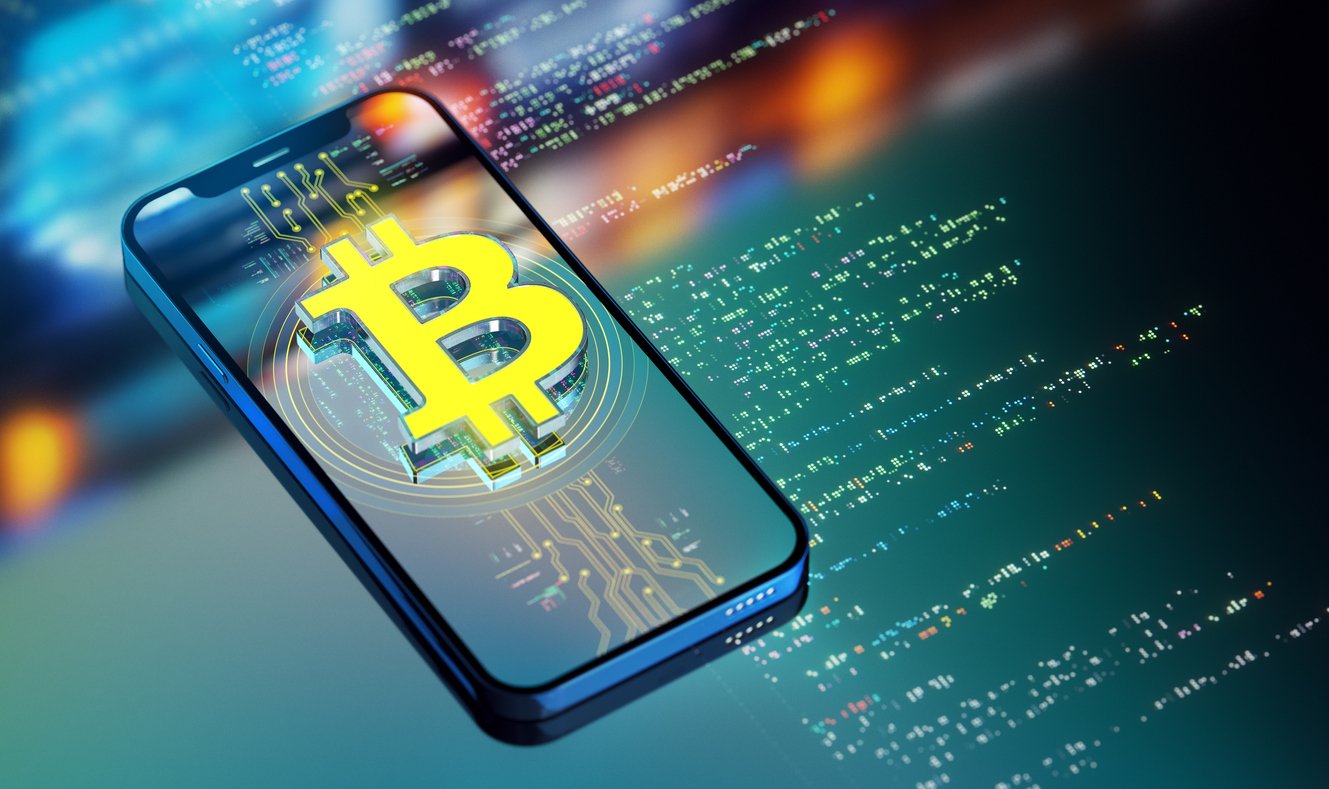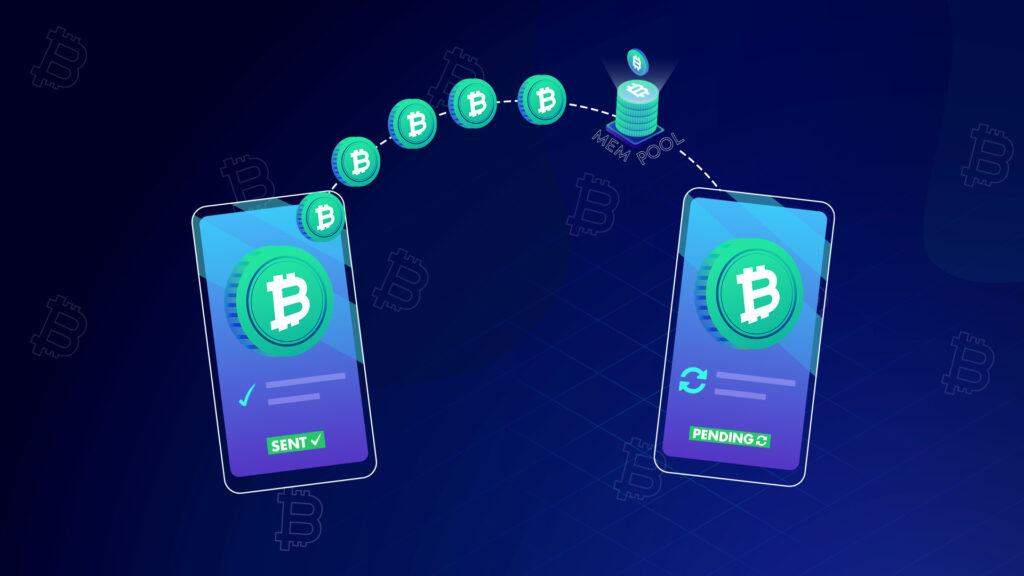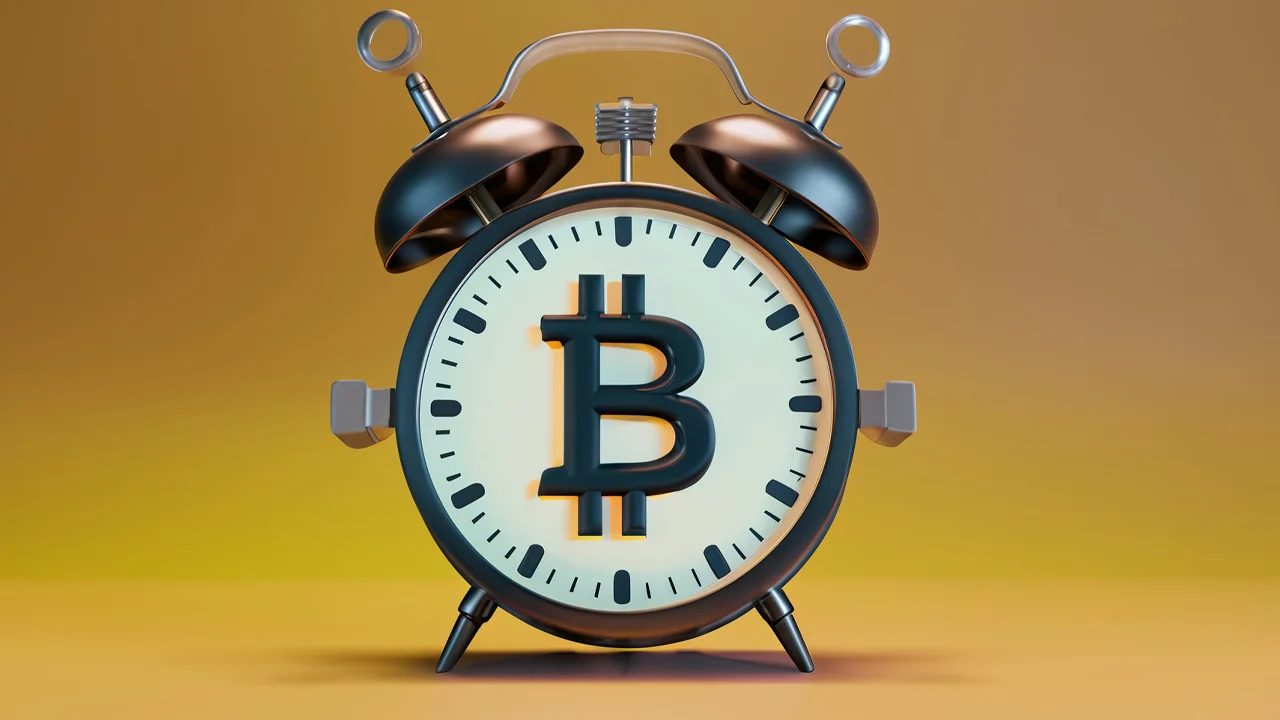
Bitcoin, a pioneering digital currency, is known for its decentralized and peer-to-peer nature. However, one common issue that Bitcoin users may encounter is a transaction that remains pending for an unusually long time. If your Bitcoin transaction has been pending for days, you may be wondering why this happens and what you can do about it. This article explores the reasons behind prolonged transaction delays, how Bitcoin transactions work, and potential solutions to resolve the issue.
How Bitcoin Transactions Work
To understand why a Bitcoin transaction might be pending for an extended period, it’s essential to grasp how Bitcoin transactions operate:
1. Transaction Creation
When you initiate a Bitcoin transaction, it involves sending Bitcoin from one wallet to another. The transaction data is broadcast to the Bitcoin network, where it is verified by nodes (computers participating in the Bitcoin network) and added to a pool of unconfirmed transactions known as the mempool.
2. Transaction Verification
For a transaction to be confirmed, it needs to be included in a block by a Bitcoin miner. Miners are responsible for validating transactions and adding them to the blockchain—a public ledger that records all Bitcoin transactions. The process involves solving complex mathematical problems, known as proof-of-work, which ensures the security and integrity of the blockchain.
3. Block Confirmation
Once a transaction is included in a block and added to the blockchain, it is considered confirmed. Bitcoin transactions typically require a certain number of confirmations to be considered fully validated. Each confirmation indicates that the transaction has been added to a new block on the blockchain, making it more secure.
Reasons for Bitcoin Transaction Delays

Several factors can contribute to a Bitcoin transaction being pending for days:
1. Low Transaction Fee
One of the primary reasons for a delayed Bitcoin transaction is a low transaction fee. Bitcoin transaction fees are dynamic and depend on the current network congestion. If you set a transaction fee that is lower than the average fee required for timely processing, miners may prioritize other transactions with higher fees. As a result, your transaction could remain pending until the network congestion decreases or you increase the fee.
2. Network Congestion
Bitcoin transactions are processed by miners, and the number of transactions they can handle per block is limited. During periods of high network activity, such as market surges or significant news events, the mempool can become congested with unconfirmed transactions. This congestion can lead to delays in transaction processing as miners prioritize transactions with higher fees.
3. Transaction Size
The size of a Bitcoin transaction, measured in bytes, can also impact its processing time. Larger transactions require more data to be stored and processed by miners, which can result in higher fees and longer processing times. If your transaction is larger than average, it may experience delays if the fee is not sufficient to incentivize miners.
4. Insufficient Confirmation Requirements
Different services and exchanges have varying confirmation requirements for Bitcoin transactions. Some may require a higher number of confirmations to consider a transaction as fully processed. If your transaction is awaiting additional confirmations, it may appear as pending until the required number of confirmations is reached.
5. Wallet or Exchange Issues
Occasionally, delays can occur due to issues with the wallet or exchange you are using. Technical problems, software bugs, or synchronization issues can affect the processing of transactions. In such cases, contacting the wallet or exchange support team can help resolve the issue.
How to Address a Pending Bitcoin Transaction
If your Bitcoin transaction has been pending for an extended period, here are some steps you can take to address the issue:
1. Check Transaction Details
Verify the transaction details, including the transaction ID, fee, and destination address. Ensure that the transaction was correctly initiated and that the fee is appropriate for the current network conditions. You can use blockchain explorers to track the status of your transaction and check if it has been included in a block.
2. Increase Transaction Fee
If your transaction is pending due to a low fee, you may have the option to increase the fee to expedite processing. Some wallets support a feature called Replace-by-Fee (RBF), which allows you to broadcast a new transaction with a higher fee. This replaces the original transaction and encourages miners to prioritize it.
3. Use Transaction Accelerators
Transaction accelerators are services that can help speed up the processing of your pending transaction. These services work by paying a higher fee to miners on your behalf, increasing the likelihood that your transaction will be included in the next block. Some mining pools and third-party services offer transaction acceleration for a fee.
4. Wait for Network Congestion to Clear
In cases of network congestion, the best course of action may be to wait until the congestion subsides. Once the network becomes less busy, miners may process pending transactions more quickly. During periods of high activity, it is not uncommon for transactions to experience delays.
5. Contact Wallet or Exchange Support
If you suspect that the issue is related to your wallet or exchange, contact their support team for assistance. They may be able to provide guidance or address any technical problems affecting the transaction.
Preventing Future Transaction Delays

To minimize the likelihood of experiencing delayed Bitcoin transactions in the future, consider the following tips:
1. Monitor Network Conditions
Stay informed about current network conditions and average transaction fees. Many online tools and websites provide real-time data on network congestion and recommended fees. Adjust your transaction fees accordingly to ensure timely processing.
2. Use Wallets with Fee Estimation Features
Choose a Bitcoin wallet that offers fee estimation features. These wallets automatically suggest an appropriate fee based on network conditions, helping you avoid delays caused by insufficient fees.
3. Plan Transactions During Low Traffic Periods
If possible, plan your transactions during periods of lower network activity. This can help reduce the likelihood of encountering congestion and delays.
A Bitcoin transaction pending for days can be frustrating, but understanding the underlying causes can help you address and resolve the issue. By monitoring transaction fees, network conditions, and using appropriate tools and services, you can enhance your experience with Bitcoin transactions and minimize delays. As the Bitcoin network continues to evolve, improvements in technology and scalability solutions may further reduce transaction processing times and enhance the overall efficiency of the network.